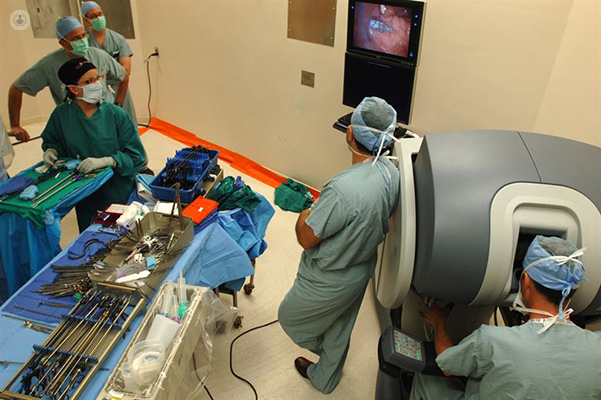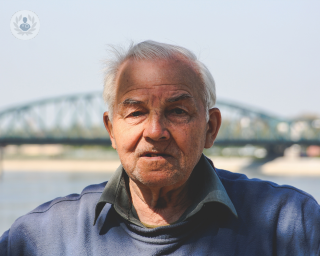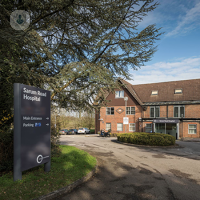Prostatectomy (prostate removal)
What is a prostatectomy?
A prostatectomy is a surgical procedure to remove all or part of the prostate.
The prostate is a walnut-sized gland only found in men, located between the bladder and the penis. It can be afflicted by a number of conditions, including prostate cancer.
A simple prostatectomy is a procedure that only removes part of the prostate. A radical prostatectomy involves removing the entire prostate, along with the seminal vesicles and vas deferens. It is usually only used to treat malignant prostate cancer. A prostatectomy is performed by a specialist urologist.
Why is a prostatectomy done?
Several conditions can be treated with a prostatectomy.
Simple prostatectomies are generally only performed for benign conditions, while radical prostatectomies are performed for more serious benign conditions and malignant cancer.
Your doctor may recommend a prostatectomy for the following conditions:
- Benign prostatic hypertrophy (BPH) (otherwise referred to as benign prostate enlargement).
- Acute urinary retention.
- Recurrent urinary tract infections (UTIs).
- Prostate cancer.
You may recognise the signs of a problem with the prostate if you experience the following symptoms:
- frequent urination with little urine
- urgent need to urinate during the night (nocturia)
- difficulty starting to urinate
- low urine flow
- dripping at the end of urination
- sensation that the bladder hasn’t fully emptied even if you have urinated.
What does prostatectomy consist of?
Prostatectomy can be performed in one of a few different ways:
- Open surgery – the surgeon makes a large incision in the patient’s abdomen, allowing them to reach the prostate in order to cut it (or part of it) out.
- Keyhole surgery – a minimally invasive approach, this involves cutting 5-6 small incisions in the patient’s abdomen, through which surgical tools can be passed, including a tiny light and camera so that the surgery can be performed without cutting the patient open. This can be done by hand or the surgeon may use robotic assisted surgery techniques.
Preparation for prostatectomy
Prostatectomy does not usually require any special preparation. However, it is possible that the urologist will ask the patient to not drink any fluid in the hours leading up to the surgery. The patient will be given a general anaesthetic prior to the procedure.
Care after the intervention
After prostatectomy, the patient usually stays in the hospital for 7-10 days. The total recovery will take a few weeks.
While in the hospital, the patient is given pain medication and a catheter is passed up the penis to allow urine to pass out of the bladder and into a bag that can be carried round. The catheter stays in place while the area heals, with most patients keeping it in while they go home and having it removed a few weeks later.
The patient will be encouraged to walk around the hospital to prevent blood clots. The team of doctors and nurses will advise them on what to eat and drink, as well as how to look after their catheter.
The patient may experience fatigue, constipation, and an inability to get an erection while they recover. Any unexpected consequences of the surgery or any doubts should be reported to the doctor.

















